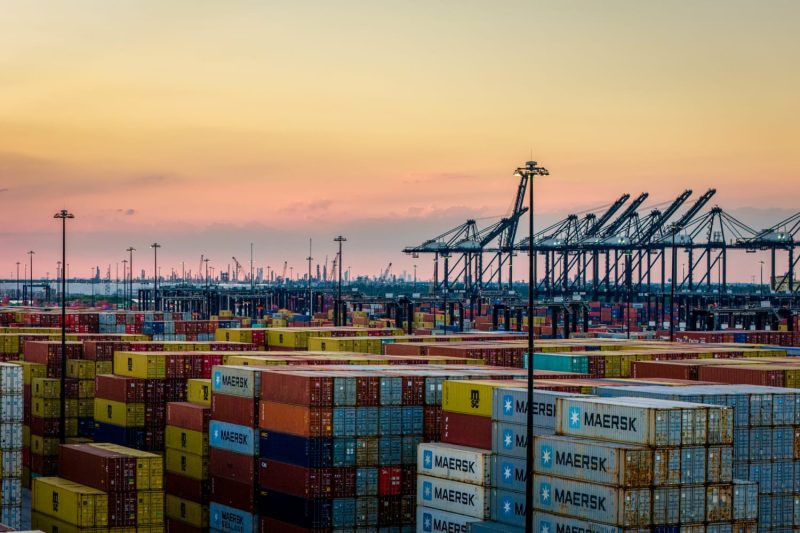The recent threat of a major maritime strike has sent shockwaves through ports across the East Coast, raising concerns about potential disruptions to the flow of goods and economic stability in the region. The prospect of a strike involving thousands of dockworkers has brought attention to the crucial role that these workers play in the supply chain and the potential consequences of their absence.
At the heart of the issue is a dispute over labor conditions and compensation for dockworkers, who are essential to the operations of ports along the East Coast. These workers are responsible for loading and unloading cargo from ships, ensuring that goods are efficiently transferred between land and sea transportation modes. Any disruption to their work can have far-reaching effects on businesses that rely on timely delivery of goods and materials.
The threat of a maritime strike has raised concerns about the potential impact on the economy, particularly in industries that rely heavily on imports and exports. Retailers, manufacturers, and other businesses that depend on the smooth functioning of ports are keeping a close eye on the situation, fearing supply chain disruptions and delays in receiving crucial shipments.
In addition to the economic impact, a maritime strike could also have broader implications for national security and international trade. Ports along the East Coast are key entry points for goods coming into the country, and any disruption in their operations could have ripple effects throughout the global supply chain.
Efforts are underway to avert a full-scale strike, with negotiations between labor unions and port authorities ongoing. Both sides are seeking a resolution that addresses the concerns of dockworkers while ensuring the continued smooth operation of ports and the supply chain. The stakes are high, and the outcome of these negotiations will have significant implications for businesses, workers, and the economy as a whole.
As the situation unfolds, it is essential for stakeholders to monitor developments closely and prepare for potential disruptions to port operations. Contingency plans should be in place to mitigate the impact of a strike, should one occur, and communication channels should be open to keep all parties informed of the latest developments.
In conclusion, the threat of a major maritime strike on the East Coast is a timely reminder of the critical role that dockworkers play in the smooth functioning of ports and the wider economy. As negotiations continue, it is crucial for stakeholders to work towards a resolution that balances the needs of workers with the need for uninterrupted port operations. The outcome of these negotiations will not only impact the immediate future of East Coast ports but also have broader implications for the national economy and global trade.

